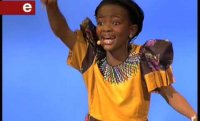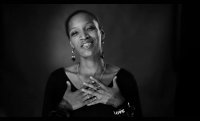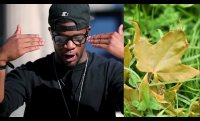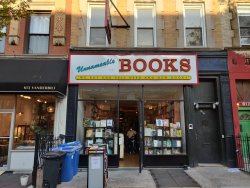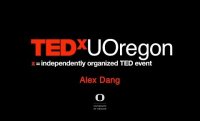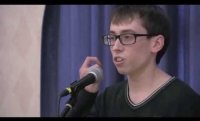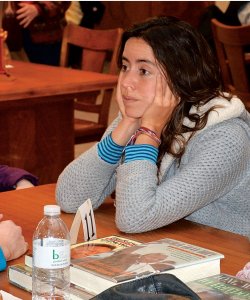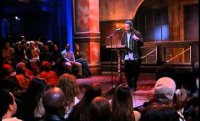Poets & Writers' fourth annual Los Angeles Connecting Cultures Reading took place on May 22, 2014, before a packed house at Beyond Baroque Literary/Arts Center. Sixteen writers representing P&W–supported organizations 826LA, Heartland Institute for Transformation, Lambda Literary Foundation, Levantine Cultural Center, Mixed Remixed Festival, and Tia Chucha's Centro Cultural & Bookstore came together to celebrate the diversity of the SoCal literary community and Poets & Writers' Readings & Workshops program. R&W (West) director Jamie Asaye FitzGerald blogs about this lively annual event.
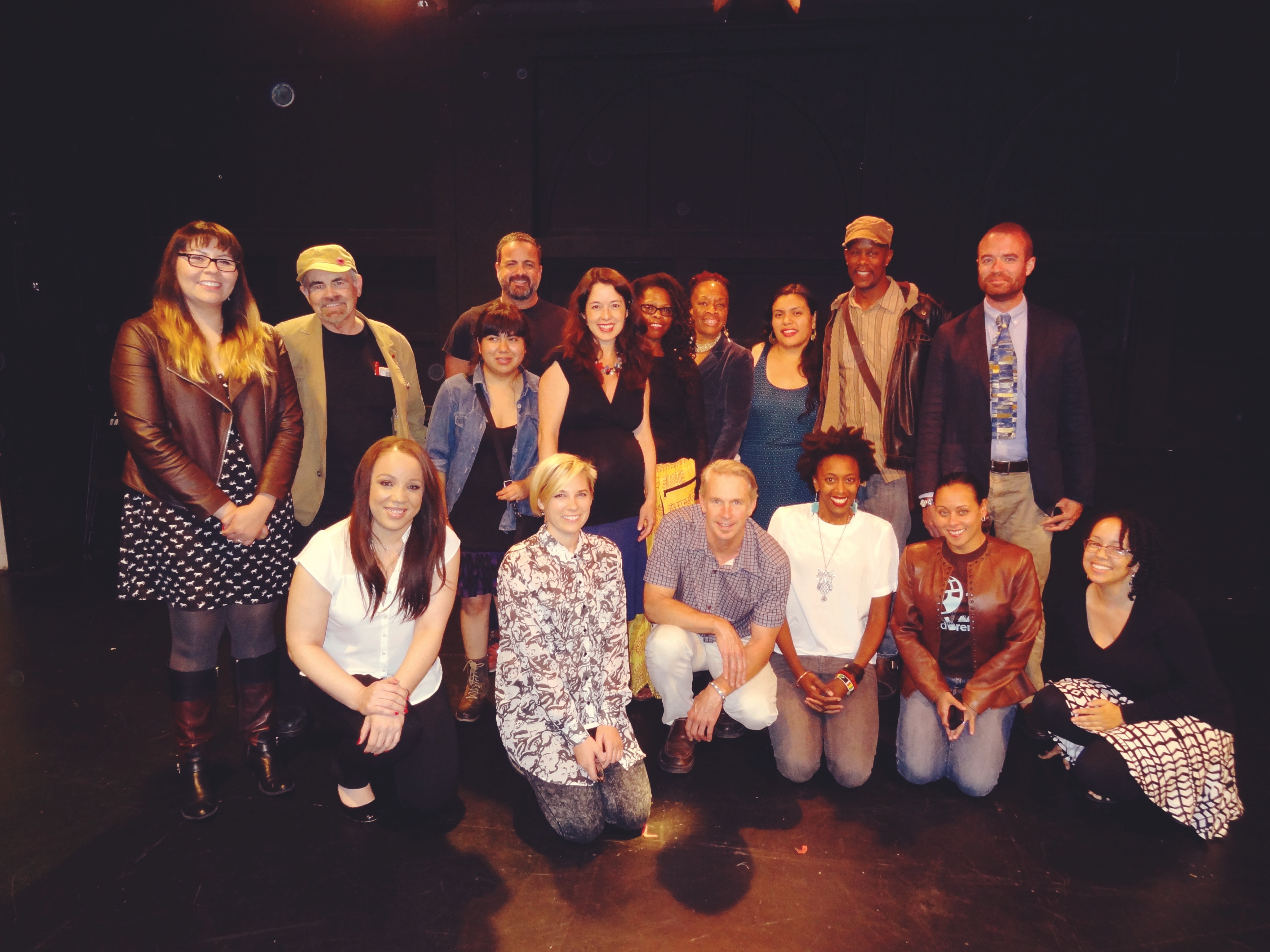
"We are the blood, the blood of a city of mixed hearts," recited 19-year-old poet Laura Davila, wowing the audience with her expansive poems about urban life in Los Angeles and capturing the spirit of Poets & Writers' fourth annual Los Angeles Connecting Cultures Reading, which celebrates the diversity of our Readings & Workshops program and the SoCal literary community.
Connecting Cultures readings take place yearly in Los Angeles and New York City. Each event is exceptional because it brings together a diverse group of organizations—from the grassroots up—to showcase voices before an audience that is as varied and expressive as the readers themselves.
Davila, who is blind and read not from the page, but from a reading machine, was selected by curator Mike "ThePoet" Sonksen, whose 826LA summer teen writing workshops have received R&W support for a number of years. Like 826LA, all the organizations invited to co-curate the Connecting Cultures Reading have received support through the R&W program.
Other highlights from the Los Angeles event included poet and playwright Jesse Bliss, who performed her reading while holding her baby. "Creation is messy," she read, as little hands reached out to touch the microphone and grab hold of her mother's printed poem.
Melinda Palacio, who was making her second appearance at Connecting Cultures, proudly held up her poetry collection, How Fire Is a Story, Waiting (Tia Chucha Press, 2012), explaining that the last time she read, she didn't have a book, but now she does!
So large is the sprawl of Los Angeles, it wasn't surprising to hear poet Vickie Vértiz say it was her first time reading on the Westside. She read her poem "Tocaya" (meaning "namesake" in Spanish), about being named after a deceased older sister.
Novelist Juliana Maio of the Levantine Cultural Center took us on a journey through the back streets of Egypt while Tony Valenzuela, reader and curator for the Lambda Literary Foundation, read an excerpt from his memoir about coming of age in a San Diego gay bathhouse. Fiction writer Esmé-Michelle Watkins of the Mixed Remixed Festival, gave us a child's-eye-view of a family in turmoil.
When talking of "the medicine," poet Queen Hollins, representing the Heartland Institute for Transformation, declared: "It doesn't do any good if you keep it to yourself."
If what ails Los Angeles is a geography of separation, then writing was the medicine that brought everyone together on this night. Sharing that medicine is exactly what the sixteen Connecting Cultures readers did, reaching across divides and distances to bring us back to what matters most—our human stories and experiences.
You can see more pictures from the 2014 Los Angeles Connecting Cultures Reading on our Facebook page, and a video of Jeffery Martin, representing Tia Chucha's Centro Cultural & Bookstore, reading his poem "Serious Poet," on our YouTube channel.
Photo: 2014 Los Angeles Connecting Cultures group. Front: (L-R) Esme-Michelle Watkins, P&W's Brandi Spaethe, Trebor Healey, librecht baker, Heidi Durrow, Jamie Moore. Back: (L-R) P&W intern Leticia Valente, Beyond Baroque's Richard Modiano, Laura Davila, Tony Valenzuela, P&W's Jamie Asaye FitzGerald, Gayle Fuhr, Queen Hollins, Melissa Sanvicente, Jeffery Martin, and Chris L. Terry. Credit: Brandi M. Spaethe.
Major support for Readings/Workshops in California is provided by the James Irvine Foundation. Additional support comes from the Friends of Poets & Writers.





